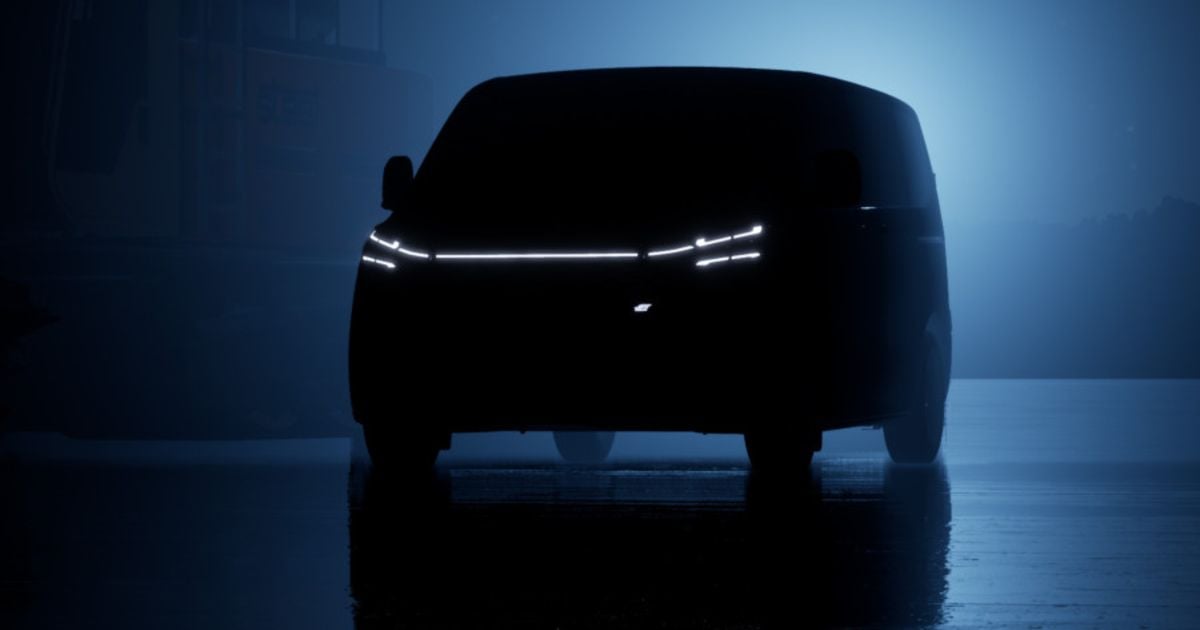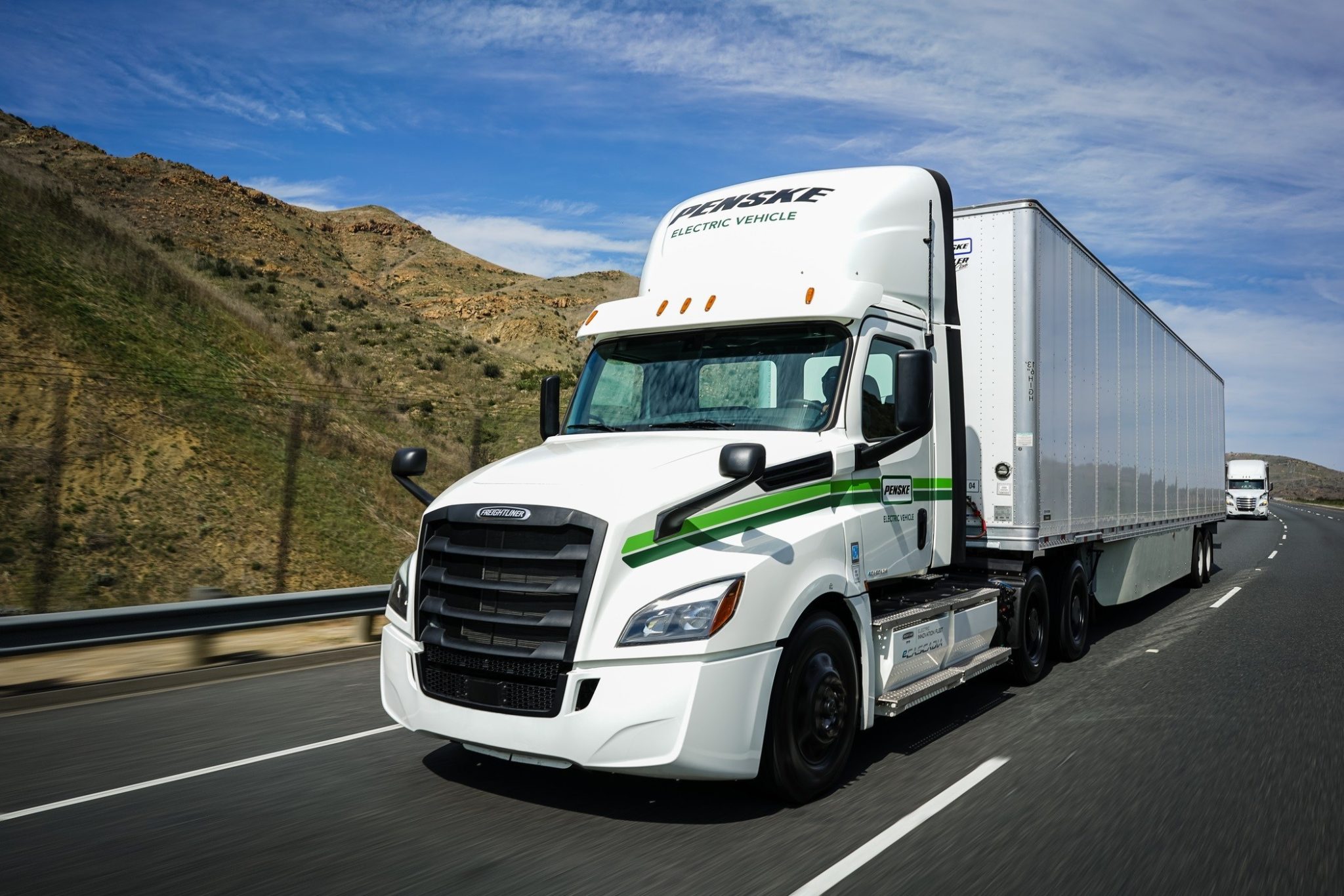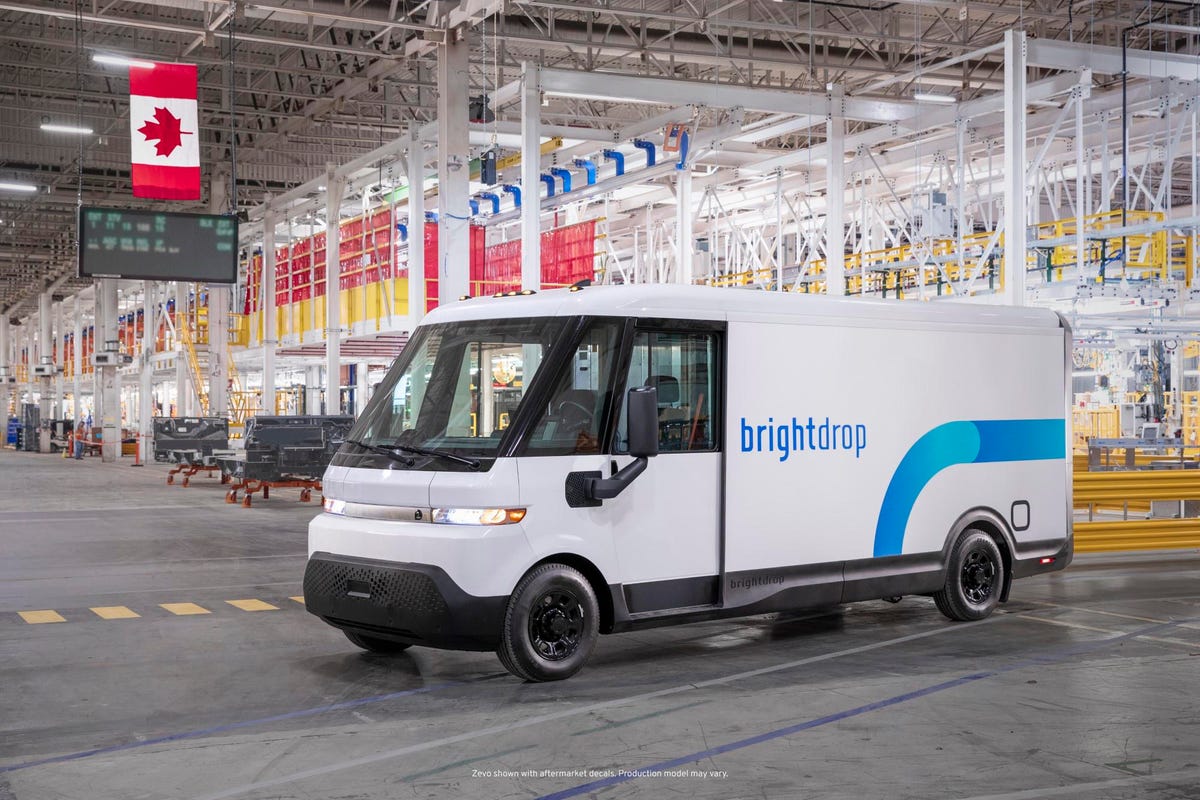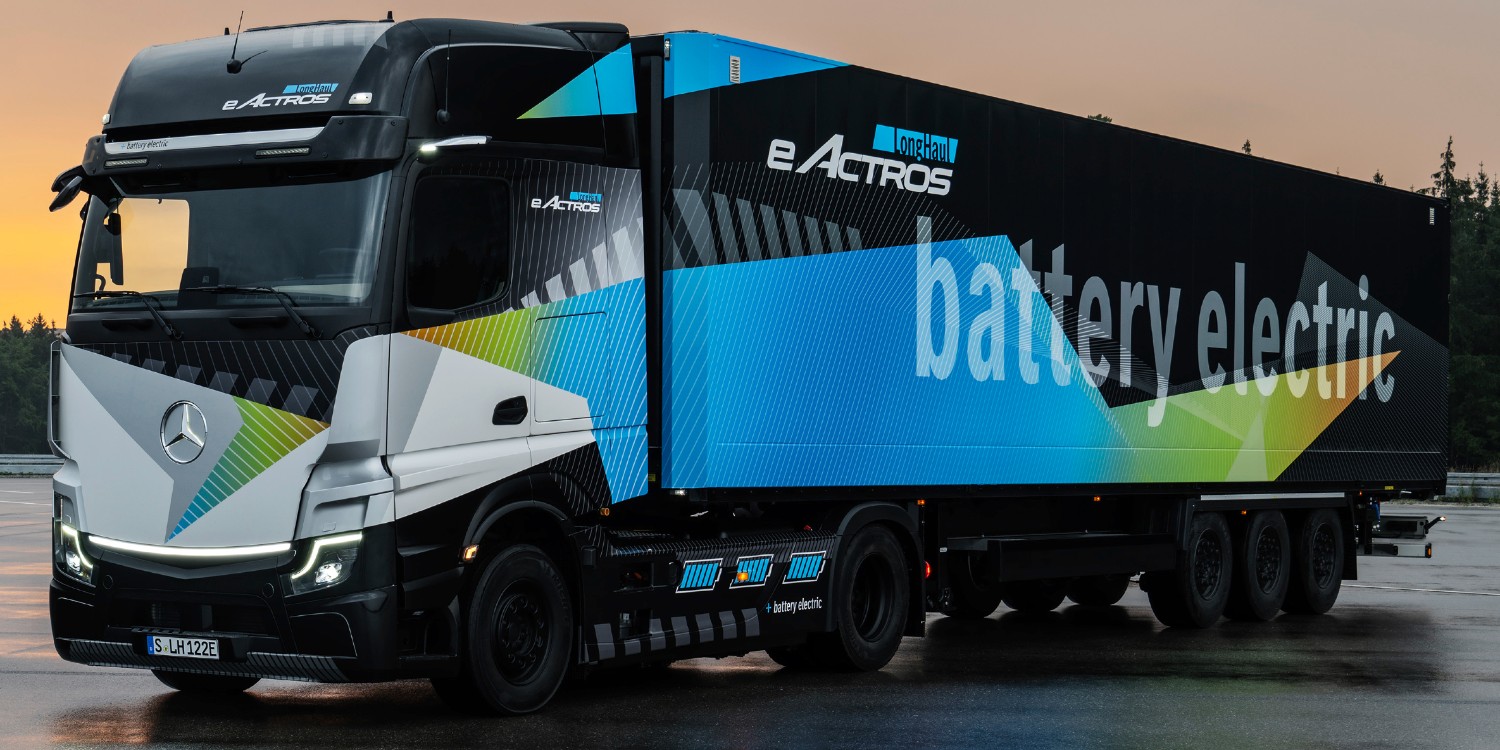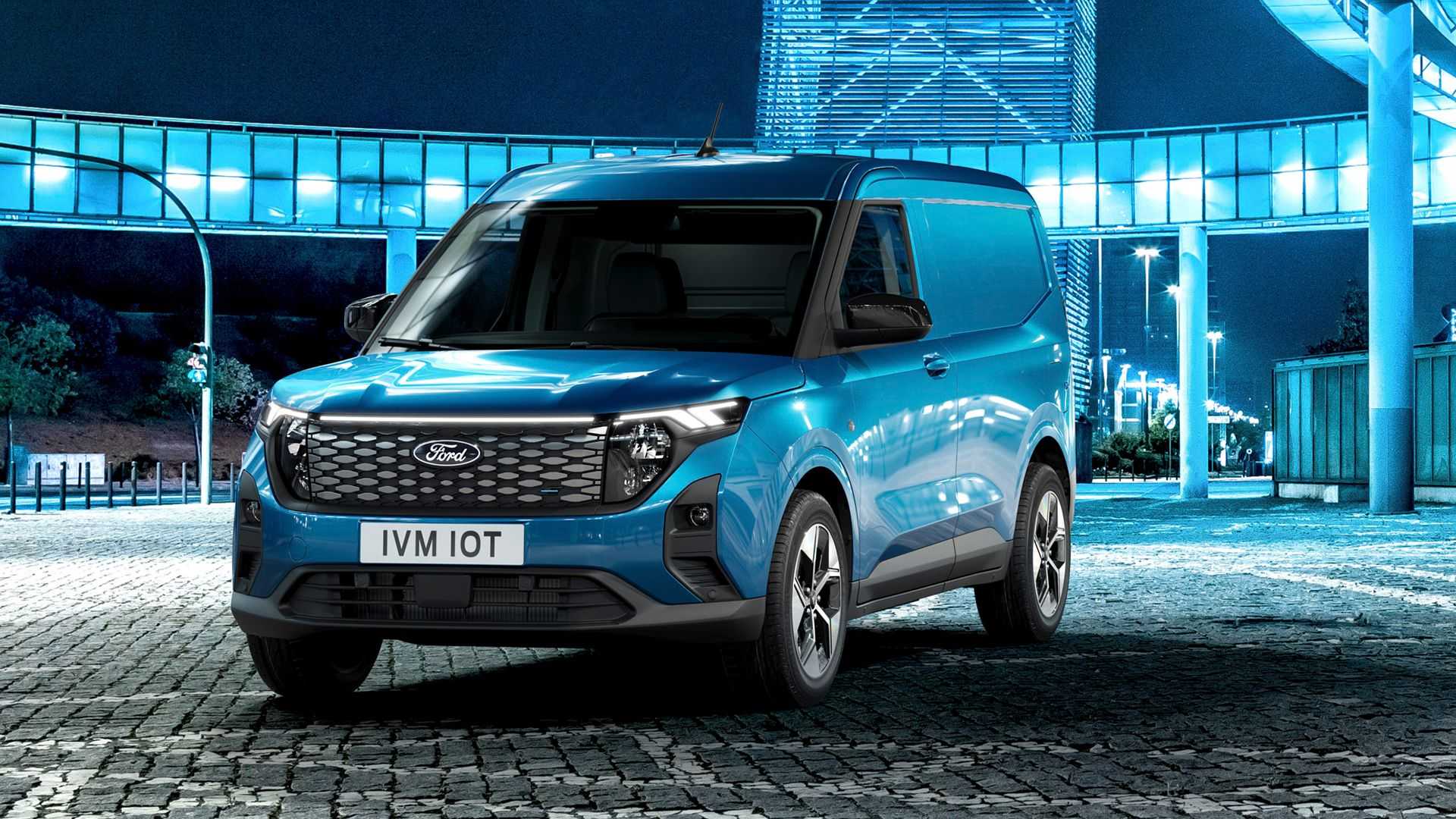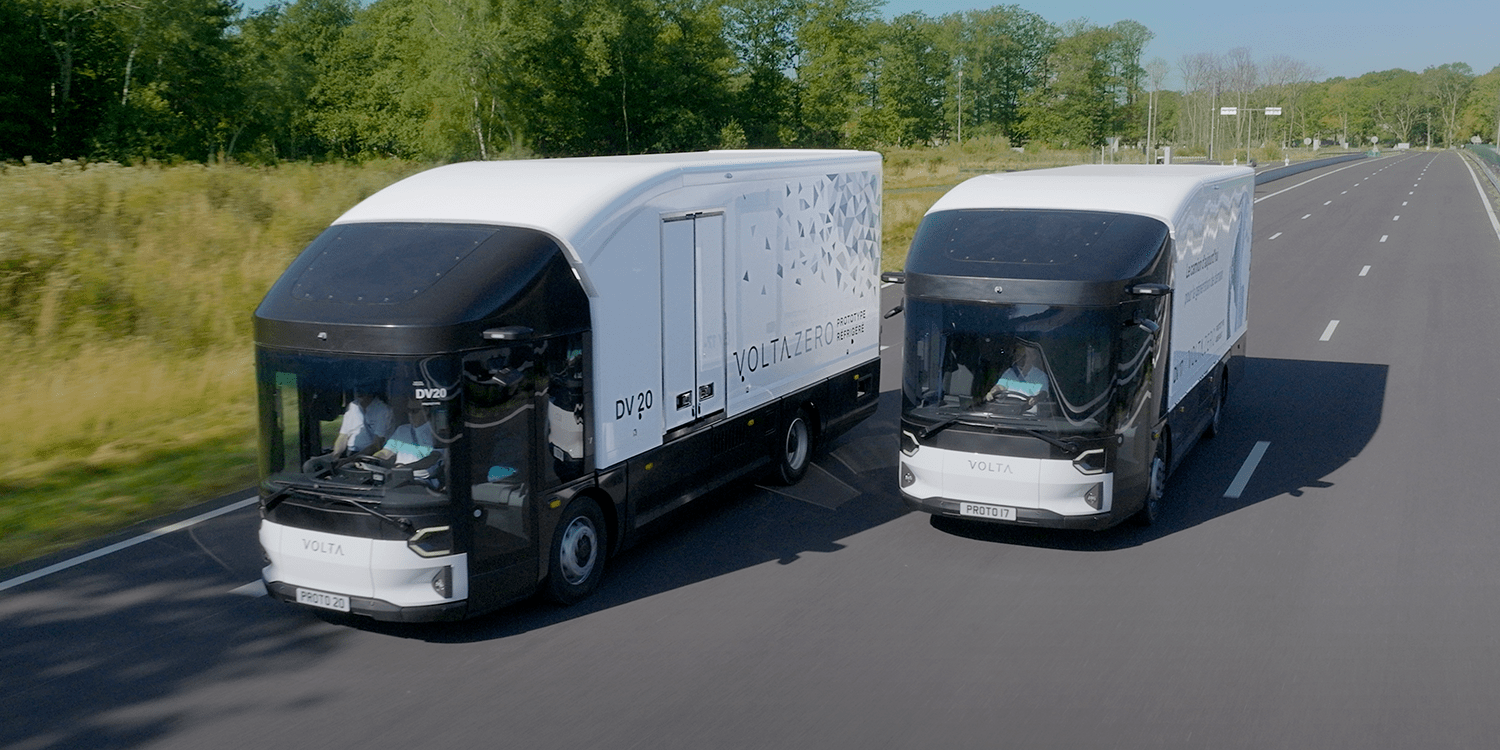The US government has provided an extensive update on electric fleet and charging infrastructure projects in the US, including self-commitment statements from large companies. According to a fact sheet released by the White House, federal agencies have already purchased 13,000 light- and medium-duty electric vehicles in the fiscal year 2023, four times more than in the previous year. The US government has mandated that federal authorities can only purchase zero-emission passenger cars and light commercial vehicles from 2027 and all new vehicles, including medium and heavy-duty commercial vehicles, by 2035.
In addition to the federal commitments, private sector companies have also made substantial pledges towards electric fleet and charging infrastructure. For example, First Student, a provider of school bus services, has committed to replacing 30,000 combustion engine buses with electric ones by 2035. Trane Technologies, a company specializing in climate solutions, plans to convert its fleet of over 8,000 vehicles, including vans and trucks, to all-electric by 2030. Amazon has already put around 3,000 electric transporter vans into operation as part of its goal to put 100,000 electric delivery vehicles on the road by 2030. Google’s self-driving car offshoot Waymo will replace Chrysler’s current hybrid vans with the all-electric Jaguar I-Pace.
Companies like Prologis and Siemens have committed to installing charging stations at their US locations and converting their fleets to alternative fuel vehicles by 2030. Hertz has pledged to significantly increase the number of electric vehicle rentals and forecasts nearly two million electric vehicle rentals in 2023, about five times the number in 2022. Other companies are planning large-scale charging infrastructure projects and launching education, marketing campaigns, and certification programs to promote electric mobility.
All these initiatives have been grouped under the program title ‘EV Acceleration Challenge’ by the Biden administration. The US President has famously set a goal that half of all new vehicles sold in the US should be electric by 2030. To achieve this, the government has introduced the Inflation Reduction Act, which provides incentives for individuals and companies to complement federal investments under the Bipartisan Infrastructure Law and other federal initiatives to spur domestic manufacturing of e-vehicles and batteries and the development of a national charging network.
“Today, the United States is moving towards a cleaner, more sustainable transportation future,” said President Biden. “We are taking big steps to promote electric vehicles, reduce emissions, and create good-paying jobs in America. With the initiatives announced today, we are putting the US on a path to lead the world in electric vehicle adoption and infrastructure.”
See also: Rivian reports $536 million in revenue and $1.7 billion in losses over Q3
As the electric vehicle market continues to grow, it is essential that companies and governments alike continue to invest in charging infrastructure and electric fleet adoption to ensure a sustainable future.


